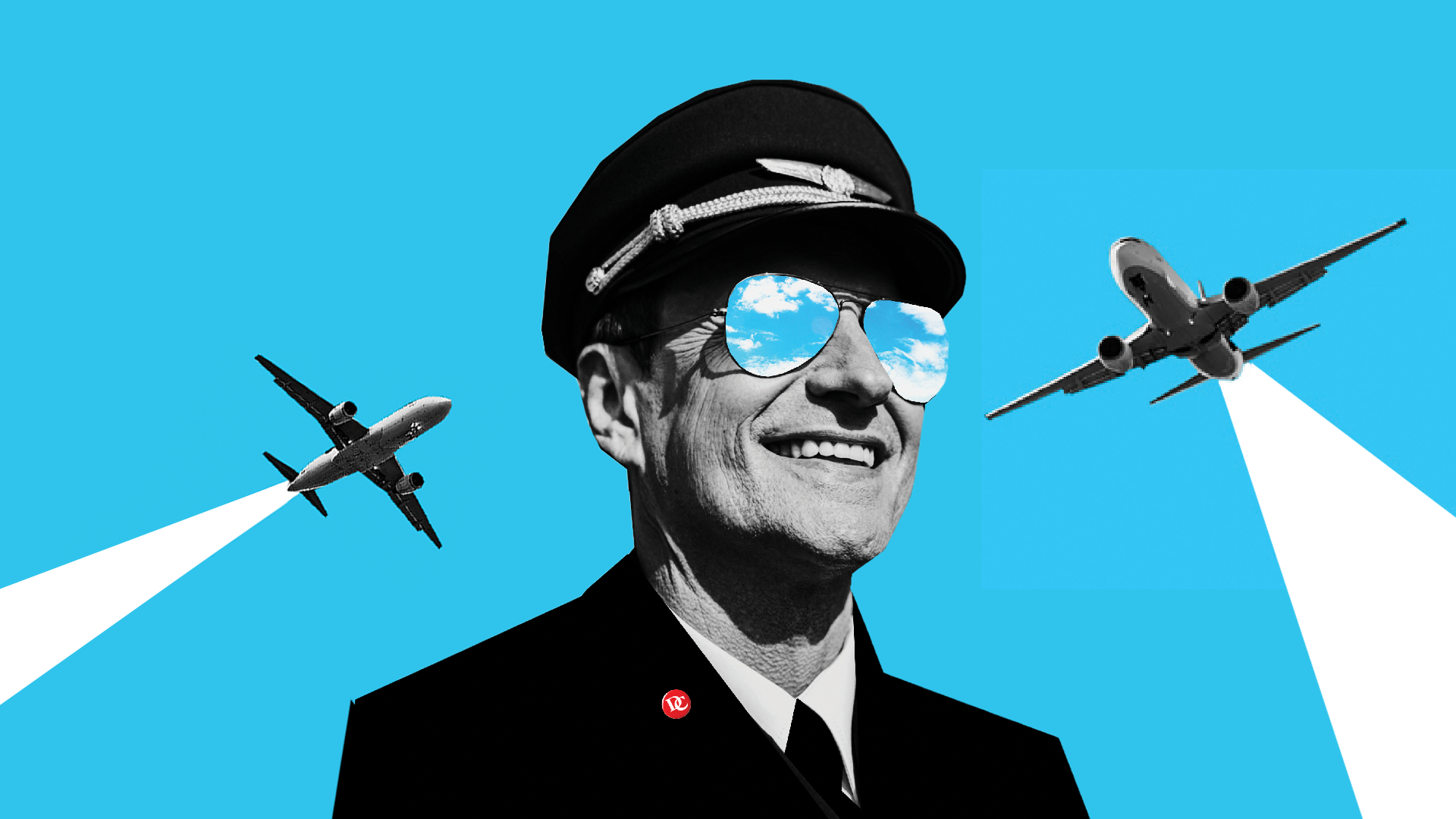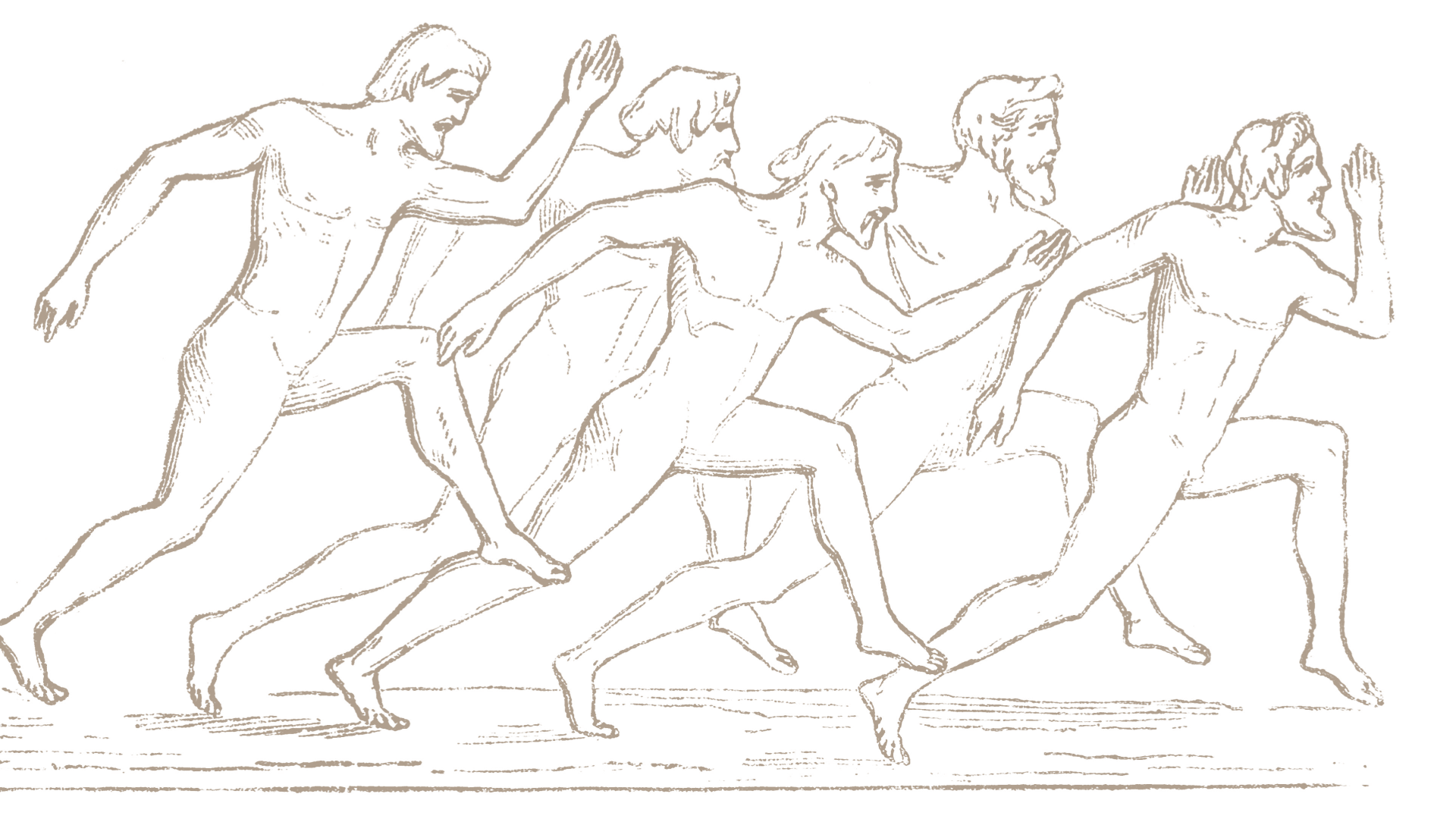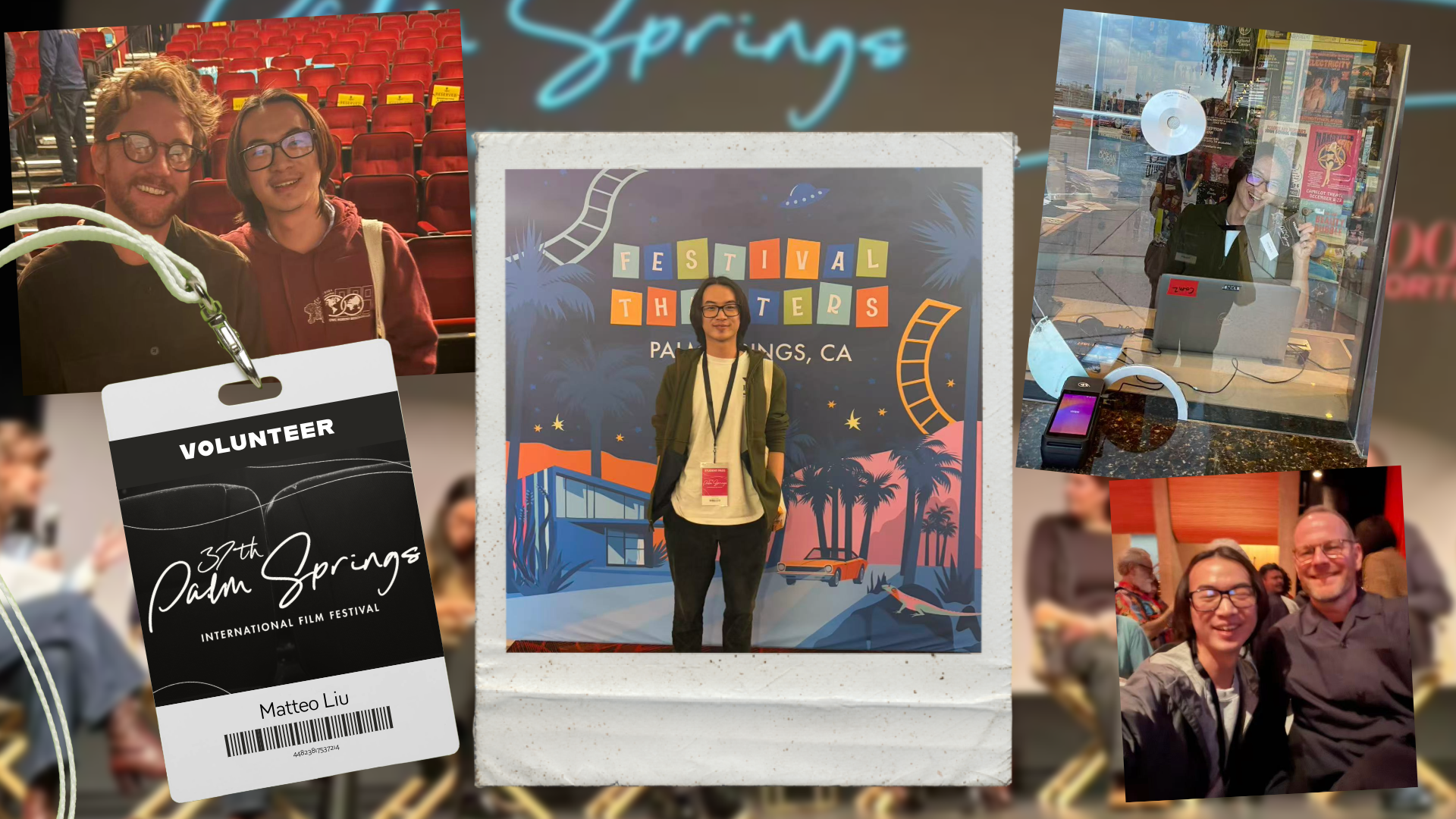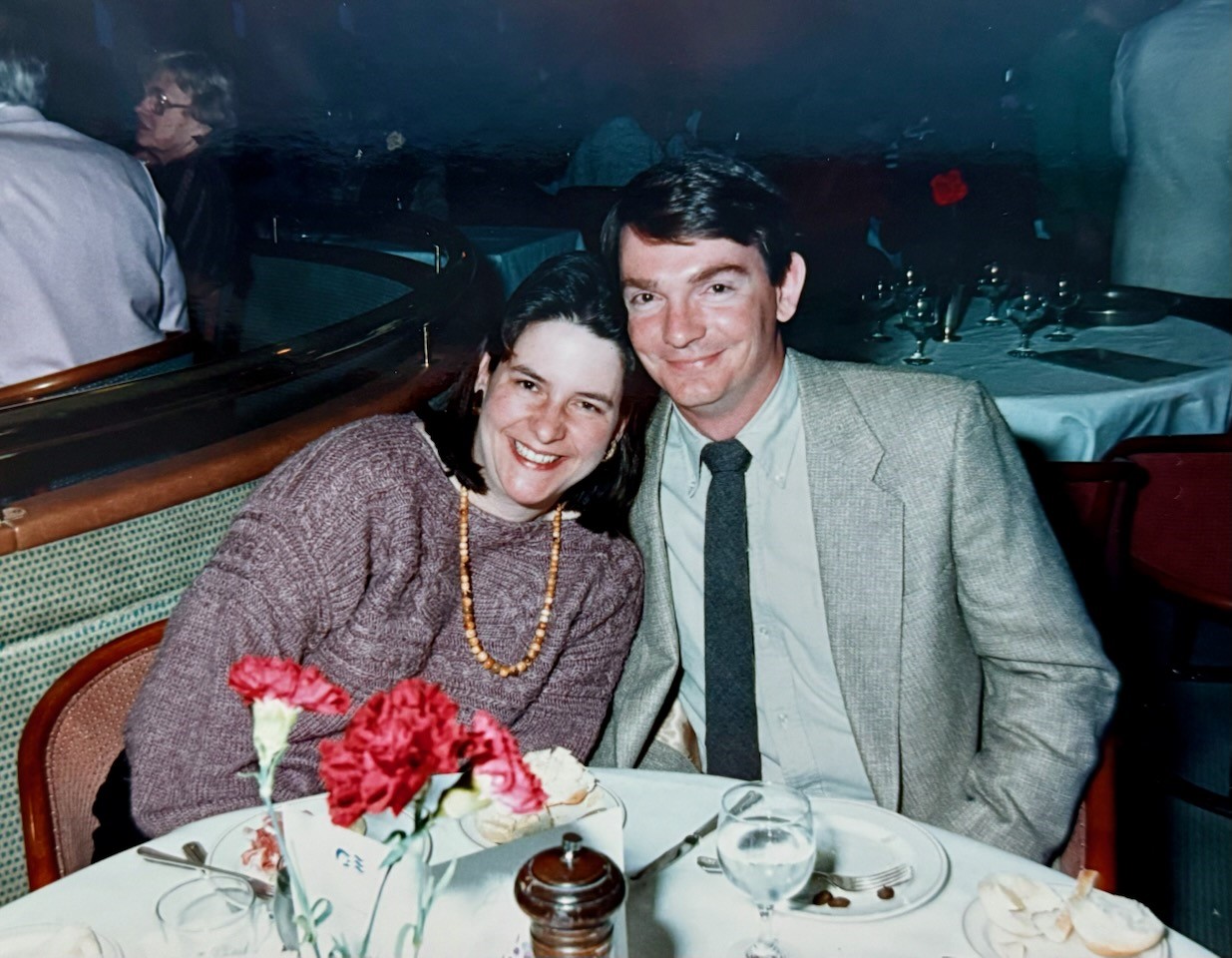My Davidson | A Student Blog My Day at Davidson with Ambassador to China Nicholas Burns
September 23, 2025
- Photography
- Christopher Record & Kaspars Golos ’27
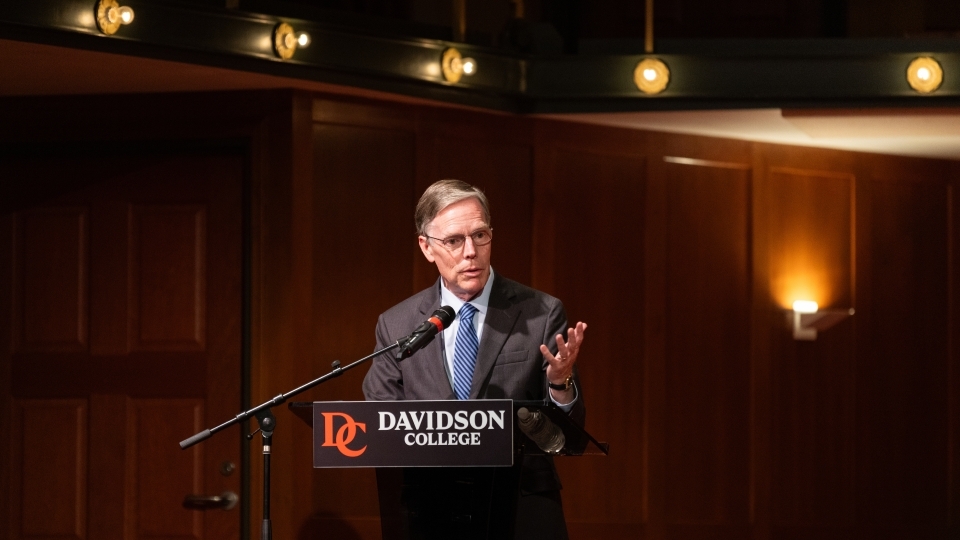
History major and East Asian Studies minor Liam Coughlin ’26 reflects on the day he spent with Nicholas Burns, U.S. Ambassador to China (2021-2025). From candid conversations over coffee to policy analysis mapping in class, Coughlin shares the lessons learned and experiences gained.
About the Author
Liam Coughlin ’26 (he/him) is a History major with a minor in East Asian Studies from Lincoln, Massachusetts. Outside of the classroom, he serves as an editor for the Davidson History Journal, is president of the Blockchain Club, and is a member of Kappa Sigma Fraternity.
“I wanted a tight-knit community where I could lead, build things, and be known by my professors.”
When Nicholas Burns, U.S. Ambassador to China (2021–2025), visited campus, I expected a formal lecture. What I got instead was a full day of candid conversation that felt tailor-made for students who want to understand the world and work in it.
We started with an intimate tea-and-coffee chat. Ambassador Burns was warm and unhurried, inviting us to share anything on our minds: from Taiwan, study abroad, and Southeast Asia to career paths. When he learned I’m also from Boston, we traded quick takes on the Red Sox–Yankees series, setting a friendly and open tone. His touchstone line, repeated throughout the day, was that his job is to be “analytical rather than political.” Ambassador Burns went person to person with clear, thoughtful answers - genuinely eager to help - which turned a formal chat into a focused, candid conversation.
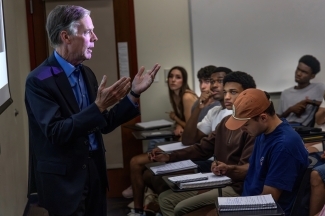
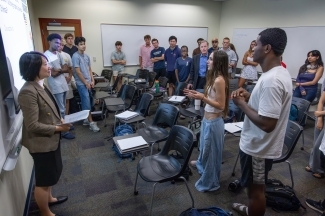
Next, he sat in on my Intro to Policy Analysis class with Professor Zhu. We had prepared readings on the deterioration of U.S.-China relations over the past twenty years, and Professor Zhu ran a mini-lecture and group exercise to map the trends. Ambassador Burns jumped right into the class activity, asking what we thought before offering his own perspective. He laid out three big takeaways for how to think about China:
- Intense competition exists across the military, economy, trade, technology, and in the realm of values.
- Necessary collaboration on global problems: climate, pandemics, and the fentanyl crisis.
- No full-scale war. The last great-power war cost tens of millions of lives; with nuclear and cyber capabilities, the cost today would be unimaginably higher.
During class, I spoke with him about my summer in Taiwan (2023) and asked how escalation might actually look. He didn’t dramatize; he analyzed—walking through scenarios and levers without losing sight of human consequences. That balance is something I want to carry with me: see the whole board, but never forget the people on it.
We closed the day in Sloan Auditorium, where he gave an extended version of his lecture in class and then devoted a significant amount of time to student questions - so many that he stayed afterward to field the rest in the aisles. That choice said a lot about who he is: a public servant and, as he put it, a “lifelong student.” One fact he shared stuck with the room: roughly 273,000 Chinese students study in the United States, while just about 1,005 Americans study in China. His message was clear: Davidson can be a training ground for the next generation of bridge builders.
His advice to us was simple and strong:
- Be involved in the world—don’t retreat when things get hard.
- Treat allies well.
- Remember that unity at home shapes effectiveness abroad.
- Practice tolerance over judgment; choose compassion over fear.
I left feeling grateful and challenged. Grateful for a day where a top diplomat treated students as partners in thinking. Challenged to keep my own posture “analytical rather than political,” to pursue language and study-away opportunities, and to do the slow, steady work of mending divisions. My day with Ambassador Burns was exactly the kind of education I came to Davidson for.
The visit from Nicholas Burns, U.S. Ambassador to China (2021-25), was made possible thanks to Bank of America and Davidson's Dean Rusk International Studies Program. This program awards grants to Davidson students and faculty for study programs, service, research, and exploratory and reflective projects, while also providing programming and support for internationally focused education at Davidson College.
Explore the Dean Rusk International Studies Program at Davidson College
